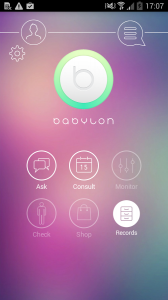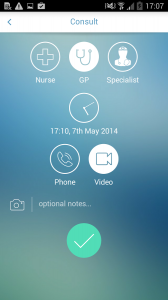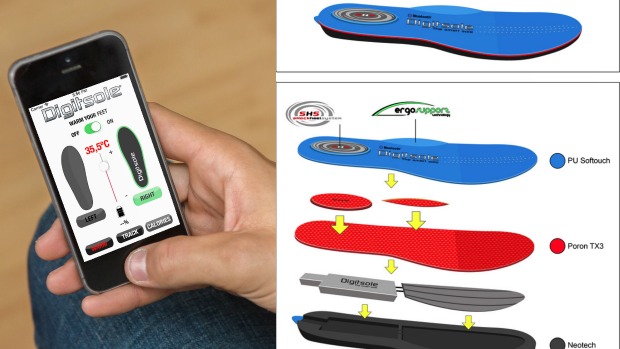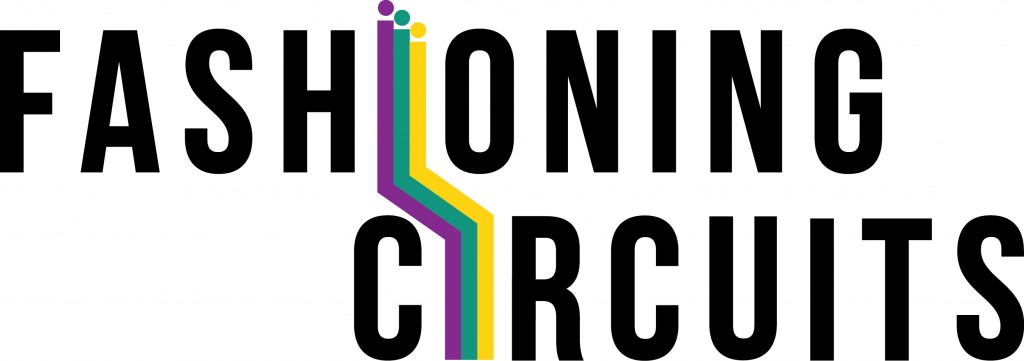By Suzanna Brooks
The greatest improvements in medicine in the last few decades have been made possible by advances in technology. Today new personal and mobile technologies are just beginning to allow us to take charge of our own health and medicine. Smartphone apps compile data and provide solutions, and wearable technology such as fitness bands track movement, heart rate, and more. But this is just the start of a new wave of tech gadgets and apps that will revolutionize how we care for our bodies.
The sophistication and widespread availability of mobile technology for all aspects of healthcare are about to take off, and this advanced tech will help us to take responsibility for our own health. Mobile apps that help you count calories, lose weight, get fit, quit smoking, track your alcohol intake, or manage a specific health condition are already available and in use.

 Figure 1. Babylon welcome screenshot; Images via Babylon on Google Play
Figure 1. Babylon welcome screenshot; Images via Babylon on Google PlayHealth apps of the very near future will include the likes of Babylon, an app that books virtual appointments, tracks symptoms, and receives your prescriptions with no wait time. Or you might use WellDoc, which could be prescribed by your doctor to support chronic disease management “by integrating clinical, behavioral, and motivational applications with everyday technologies, like the internet and cell phone, to engage patients and healthcare providers in ways that dramatically improve outcomes and significantly reduce healthcare costs.”
“During the next five years, health apps will empower consumers to make improved and informed lifestyle choices leading to better health and reducing the risk of chronic disease,” says Damon Lightley, managing director at Genetic Apps, an app developer for the health, sports, medical, and pharma markets. “They’ll also enable healthcare professionals to detect diseases earlier and reduce care costs.”
Current wearable technology for healthcare includes fitness bands that track steps like Jawbone UP and Fitbit Flex, the Withings Pulse O2 which combines a pedometer with a heart rate and blood oxygen monitor, and Google Glass—which, among its myriad of uses, helps doctors to see more patient data in real time, hands free, and allows surgeons to better perform minimally invasive operations requiring reliance on imagery.
Some of the new and upcoming wearable technologies that are focused on improving health sound strange, but are currently under development: a shirt that detects irregular blood sugar levels, contact lenses that monitor changes in the retina, and intelligent fibers in clothing that keep track of your pulse, breathing, and heart rate. Other developments on the way include a smart sock that keeps track of people with Alzheimer’s disease, a skin patch that provides hypodermic injections throughout the day, and Digitsole—an insole that connects to a mobile device allowing you to adjust the temperature of your shoes, track activity, and also help adjust your posture.

“In the near future, we will see mobile, wearables, and data-collection devices mesh together to provide the backbone for the optimisation and customisation of preventative health and medical treatment,” says Lightley. “And we’ll see things like smart clothing and other devices like smart inhalers ‘talking’ to apps to provide easier and quicker analysis for both consumers and healthcare professionals.”
With apps and wearables like these, the next ten years or so will see mobile technology completely transforming medical provision across the map. The arena for such technologies is only just starting to draw the attention and demand that will bring big changes to the personal healthcare industry.
If 2014 is the year of wearable technology, then the next decade will push the trend into full swing. This, combined with the growing desire of consumers to know more about their own health, keep up-to-date on everything from news, social circles, and personal health via mobile tech, and take greater responsibility for such an important and, lately, controversial issue as healthcare will produce some of the most valuable and inspired new personal technology to date.
Sources:

Leave a Reply
You must be logged in to post a comment.